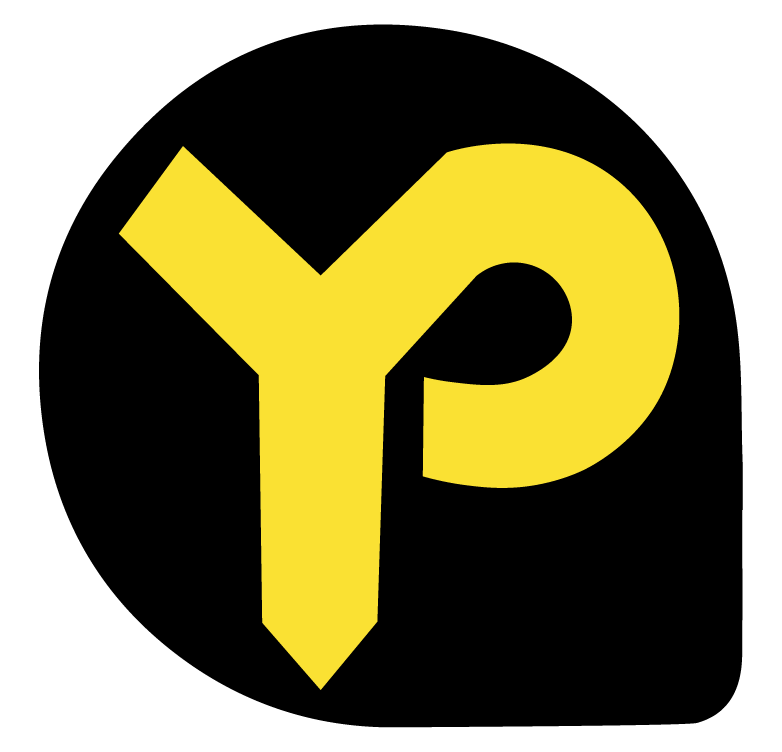Advocates in Sharjah
06-5561313Call
06-5561556Call050-2985019Call
058-6689000Call
Results 1 - 20 of 20
Top Advocates Companies in sharjah
- Al Tamimi and Co, Sharjah, Contact: 06-5727255
- Bin Eid Advocates and Legal Consultants, Sharjah, Contact: 600-544009
- Emirates Advocates, Sharjah, Contact: 06-5728666
- Lutfi and Co, Sharjah, Contact: 06-5561313
- Mohammed Allinjawi Lawyers and Legal Consultants, Sharjah, Contact: 06-5561556
- Qamaral Kassadi, Sharjah, Contact:
- Rashid Deemas Alsuwaidi Advocates and Legal Consultants, Sharjah, Contact: 06-5222125
- Saeed Alawadhi Advocates and Legal Consultants, Sharjah, Contact: 06-5722277
About Advocates
Advocates are legal law practitioners who are certified by the respected legal jurisdiction to practice law. They deal with addressing different cases and represent clients during the court hearing. They address legal disputes, protests, group fights, crime and mishaps. Lawyers help reduce complications for people who are vulnerable in the society. They speak on behalf of clients in court-hearings and defend or safeguard their rights. They practice advocacy which is the process of supporting and enabling people to express their views or concerns, access information and provide services, defend and promote rights and explore the choice of options. An advocate can be helpful in different situations mainly in situations where clients find it difficult to express their views and need other people to accept your views. They are independent and represent your wishes without judging you or providing a personal option. They assist clients in making informed decisions prior to the hearing. They encourage the party to take responsibility for resolving disputes and other similar operations. They possess appropriate experience in the area of conflict and guess the probable outcomes which can be expected. Most advocates do not charge clients for the initial consultation as they do not know if the case needs professional help or can be solved easily. They do not collect the fee until the case is closed. They perform a conflict interest check which ensures that there is no conflict between the two parties. Attorneys make sure that both the parties enter a written agreement on a simple document which states that the parties have agreed to mediate the case beforehand. The pre-mediation papers help advocate all parties which essential summaries to guide them through all legal procedures.
Advocates are like the business managers of cases and they decide whether lawyers are required to address your case. They incorporate verbal and writing skills to explain the complications of the case to the client. They research the law and digest stories told by clients and produce them as evidence in court. They diagnose facts and draft pleadings in court to accelerate the hearing process. Advocates offer legal advice for problems and explain difficult choice to attorneys and clients in opinions. In this way, they can help clients through the legal court proceedings flexibly. They exercise different types of advocacy which include self-advocacy, group advocacy, peer advocacy, citizen advocacy, professional advocacy and non instructed advocacy. In self-advocacy, an individual is entitled to express his or her own interests and desires. Here people are able to speak out for themselves about what is important for them. This is a unique type of advocacy as it self-addresses a situation or a problem. In group advocacy, people with shared experiences come together in groups and interact effectively to resolve conflicts and discuss ways to monitor different cases. Peer advocacy is a one to one support which is provided by advocates who possess similar disability functions and use different services.
Volunteers provide peer advocacy as a part of a coordinated project as it empathizes with the needs of the clients. Citizen advocacy is the most user-friendly advocacy as it involves people from the local community and enabling them to exercise their rights. The non instructed advocacy follows a four based approach to provide endeavours and integrate them for enhanced support. The four based approach includes rights-based approach, person-centred approach, watching brief approach and witness or observer approach. Some popular locations to get in touch with advocates in Sharjah are SAIF zone, Al Buhairah Corniche, Asas tower, Al Khan Corniche, Al Durrah tower and next to Al Fardan centre.








